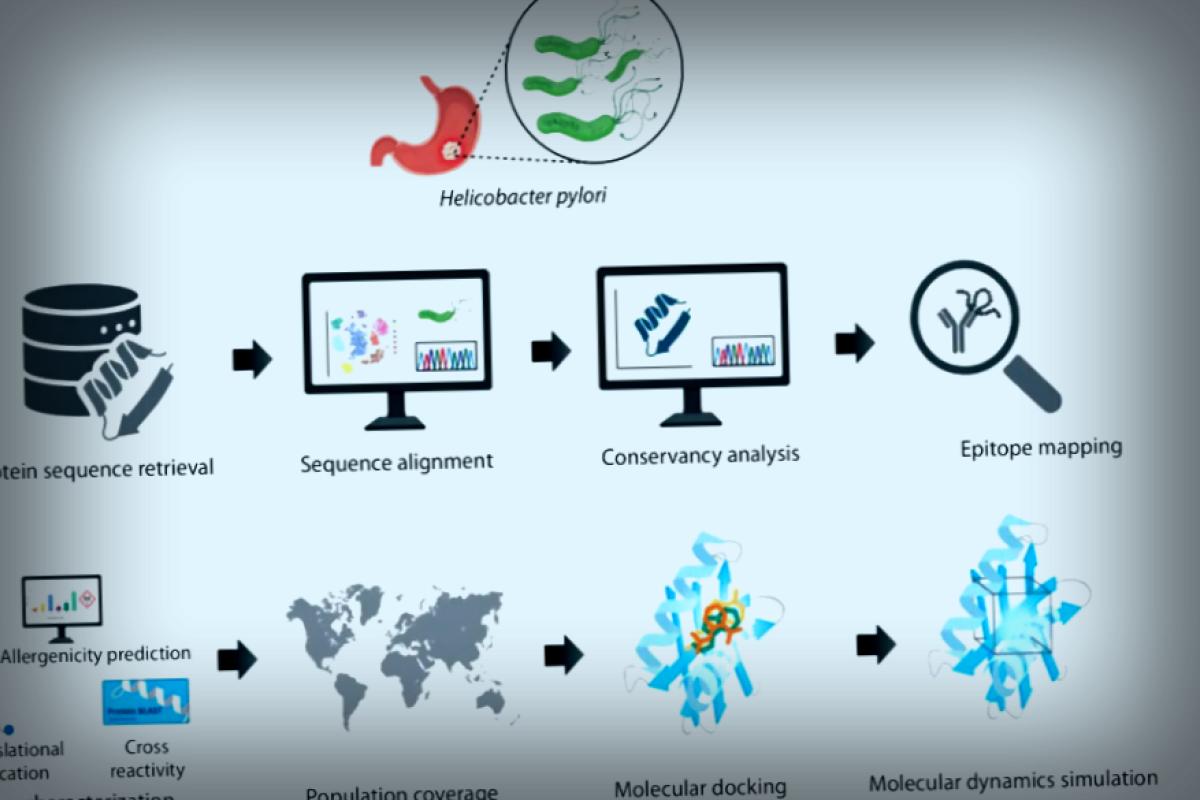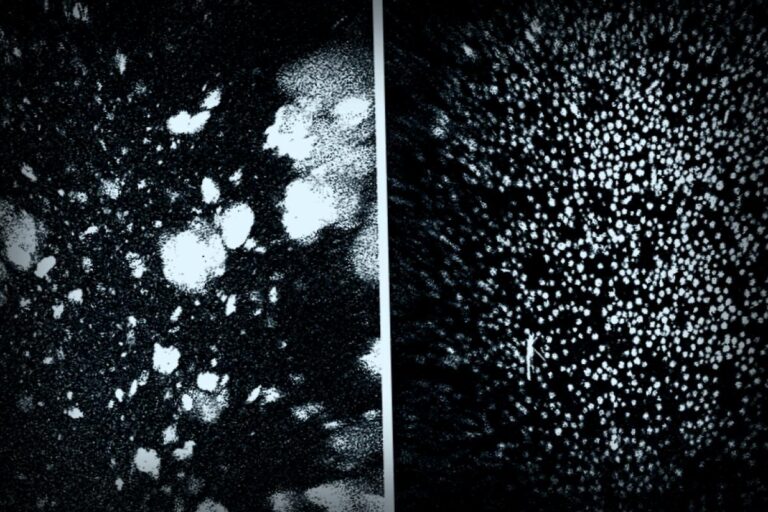For centuries, many thought that eating spicy foods or having an unhealthy diet was to blame for those pesky stomach ulcers. Turns out, it’s not just the food—it’s a bacterium called Helicobacter pylori that’s the real troublemaker. This pesky germ is found in more than 60% of people’s stomachs and poses a significant risk for stomach cancer.
Researchers at Ateneo de Manila University’s School of Science and Engineering are on a mission to change that. They are working hard on developing an anti-ulcer vaccine, which could help us avoid stomach ulcers and reduce the chances of getting stomach cancer.
The team of dedicated biologists—Demy Valerie Chacon, Kiana Alika Co, Daphne Noreen Enriquez, Aubrey Love Labarda, Reanne Eden Manongsong, and Edward Kevin Bragais—is using a cutting-edge technique called “immunoinformatics.” This fascinating approach merges computer science with immunology, allowing scientists to analyze the genetic code of pathogens to pinpoint which parts might get our immune system fired up.
Here’s where it gets really interesting: Instead of the usual slow lab trials, these researchers have been processing thousands of gene sequences through advanced computer programs to fast-forward the search for effective vaccine targets—saving both time and money!
So what did they discover? They identified several key proteins that help Helicobacter pylori thrive in our stomach acid, latch onto the stomach lining, and dodge our immune defenses. Even better, they found parts of these proteins that are likely to be non-allergenic and can safely get our protective immune cells buzzing.
While it’s early days for this research—with results stemming from computer simulations—the next step is crucial: laboratory tests to confirm their findings.
As of now, no vaccines against Helicobacter pylori have been approved, even though some other labs around the globe are taking tentative steps in this direction. If Ateneo’s efforts pay off, we might finally see the first-ever vaccine against this troublesome bacterium, making a huge difference in combating stomach ulcers and cancer.
Extra Info: For those interested, check out Demy Valerie Chacon and the team’s insights in BioTechnologia (2025), titled “In silico prediction of cytotoxic T-cell epitopes from Helicobacter pylori virulence factors using an immunoinformatics approach.” You can also find their work here: DOI: 10.5114/bta/208778.
Info courtesy of Ateneo de Manila University.
Originally featured on Medical Xpress.





















